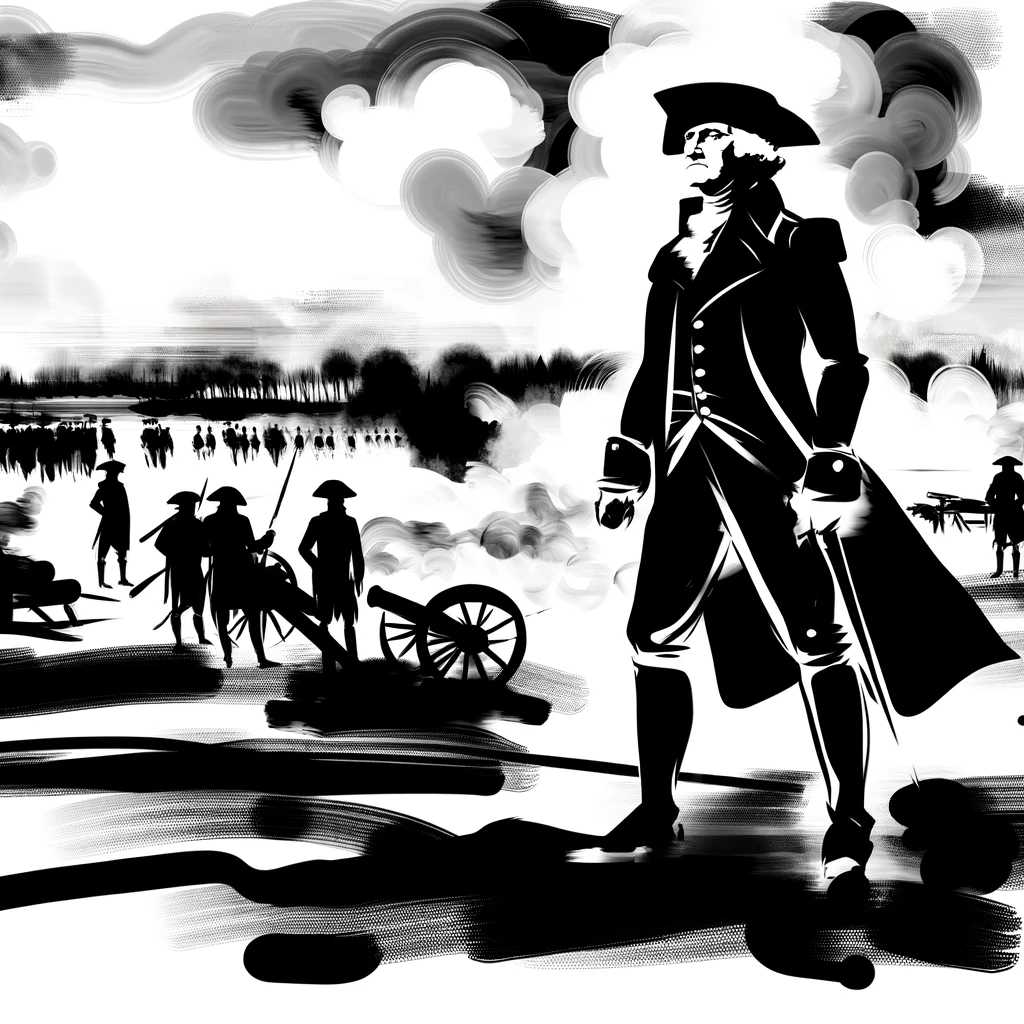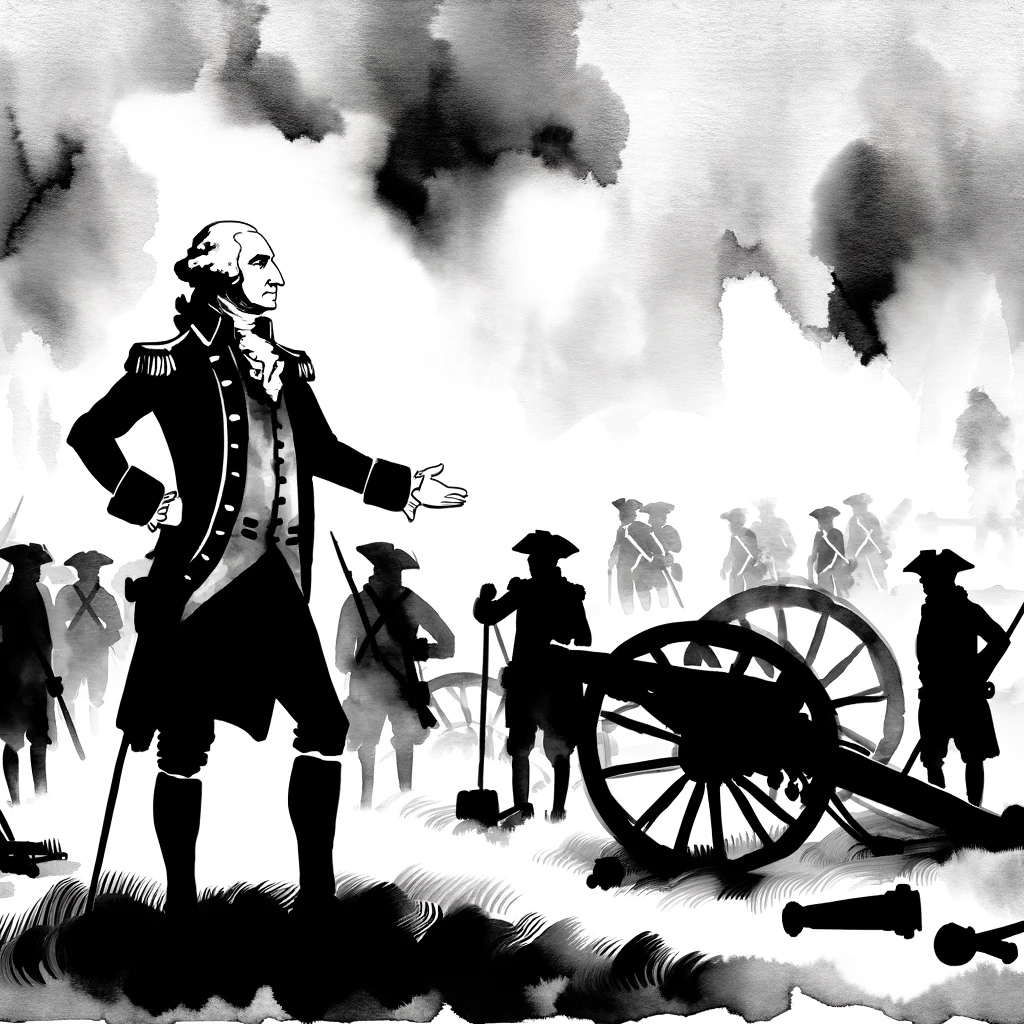In “Washington the Soldier,” author Henry B. Carrington presents an in-depth exploration of George Washington’s military career, emphasizing his strategic acumen and leadership during the American Revolutionary War. This narrative not only chronicles Washington’s evolution from a British officer to the revered Commander-in-Chief of the Continental Army but also places his military exploits within a broader historical and geopolitical context, comparing his tactics and strategies with those of European military practices at the time.
Washington’s personal traits—his exemplary leadership, moral fortitude, and unwavering patience—are portrayed as integral to his success on and off the battlefield. Carrington argues that these characteristics were critical in navigating the war’s complexities and the volatile political landscape, helping to forge a path toward American independence.
The book provides detailed accounts of pivotal battles and campaigns, including the siege of Boston, the iconic crossing of the Delaware River, and the surprise attack at Trenton. These narratives offer a window into Washington’s tactical decision-making processes and his ability to maintain troop morale under dire conditions. Carrington’s descriptions bring to life the hardships faced by the Continental Army and the ingenious strategies employed by Washington to counter British forces effectively.

One of the key themes of “Washington the Soldier” is Washington’s advocacy for a unified command structure within the American forces, which was crucial for coordinating the Colonial militias into a cohesive fighting force. This strategic vision underscored his understanding of modern warfare and his ability to adapt to its evolving nature, often anticipating challenges and preparing his troops accordingly.
Through Carrington’s detailed exploration, readers gain insights into not just the battles but also the strategic deliberations and personal courage that defined Washington’s leadership. His role in securing American independence is portrayed as indispensable, with his military prowess and visionary leadership being central to the founding of the United States.
Overall, “Washington the Soldier” is a compelling portrait of a pivotal figure in American history, offering readers a nuanced understanding of his military strategy and personal qualities that made him a national hero. The book is a tribute to Washington’s enduring legacy as a leader whose tactical intelligence and principled approach turned the tide in favor of American independence.


